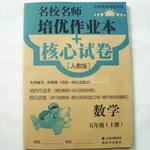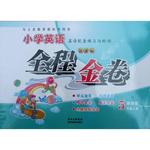题目内容
| |||||||||||||||||||||||||||||||||||||||||||||||||||||||||||
解析:
(1) |
文章的第三句已作了交代。穿过南极洲是否乘气球,全文没有提到,故A项错。去年决定穿过“死谷”,但还没有完成,而C项为完成时,时态错误。该勘探者此时已是百万富翁,而不是过去曾经是百万富翁,故D项错误。 |
(2) |
因为Death Valley后有一同位语对它的解释----------------------——————————————————————地球上最热的地方,是一个大沙漠地带即地名。在该地有宿营地,有旅店,有人烟,也就是人们能够去的地方,故B项项错。此地有游泳池、泉水等,故A项错。文章并未提到人们因炎热而死亡,故C项错。 |
(3) |
根据文中对话,那个人想把他的领带卖给Gray换点钱。 |
(4) |
这是一个虚拟语气,该句是反过来说的。 |

 名校名师培优作业本加核心试卷系列答案
名校名师培优作业本加核心试卷系列答案 全程金卷系列答案
全程金卷系列答案
| |||||||||||||||||||||||||||||||||||||||||||||||||||||||||||||||||||||||||
| |||||||||||||||||||||||||||||||||||||||||||||||||||||||||||
| |||||||||||||||||||||||||||||||||||||||||||||||||||||||||||
| |||||||||||||||||||||||||||||||||||||||||||||||||||||||||||||||||||||||||
| |||||||||||||||||||||||||||||||||||||||||||||||||||||||||||||||||||||||||